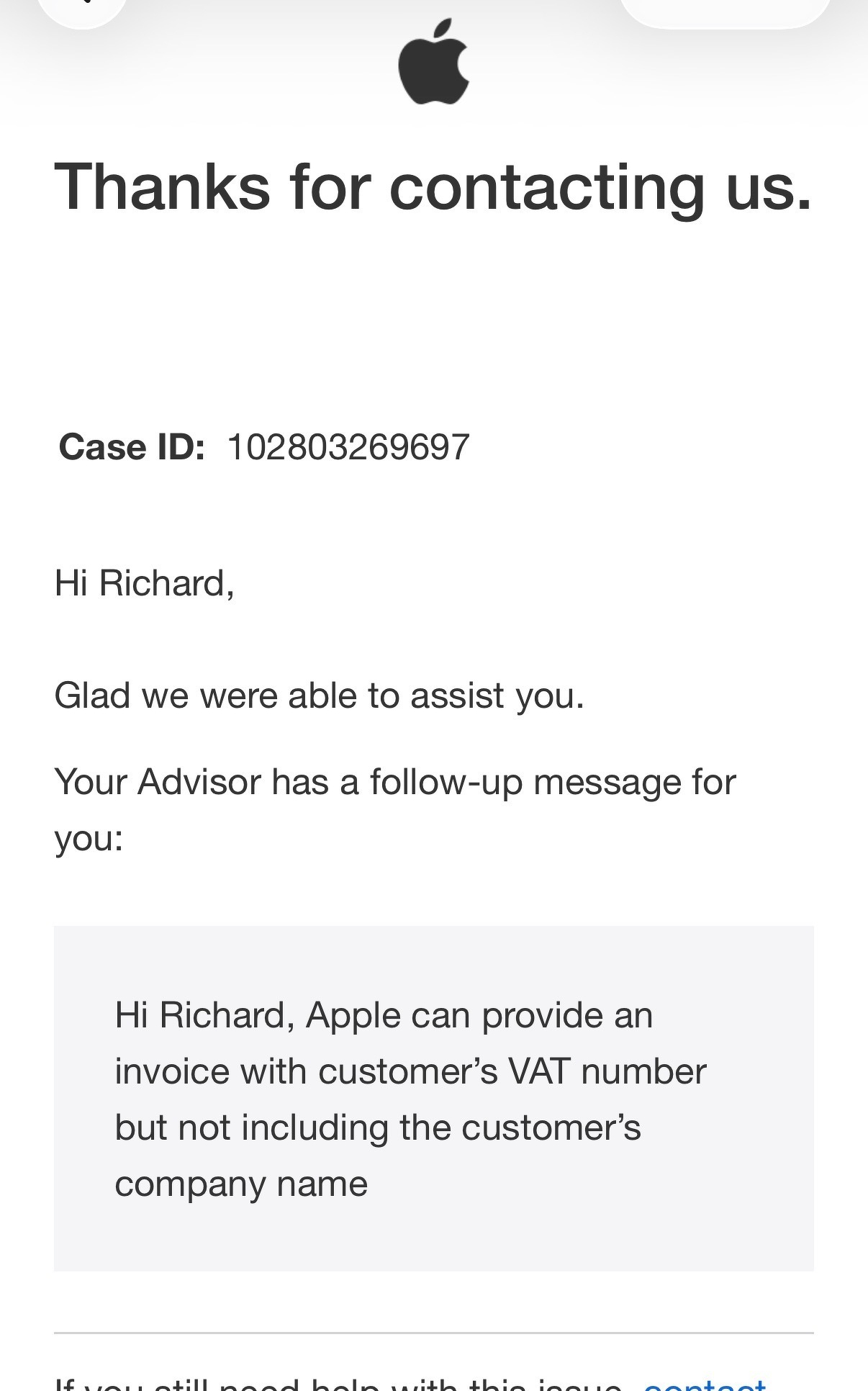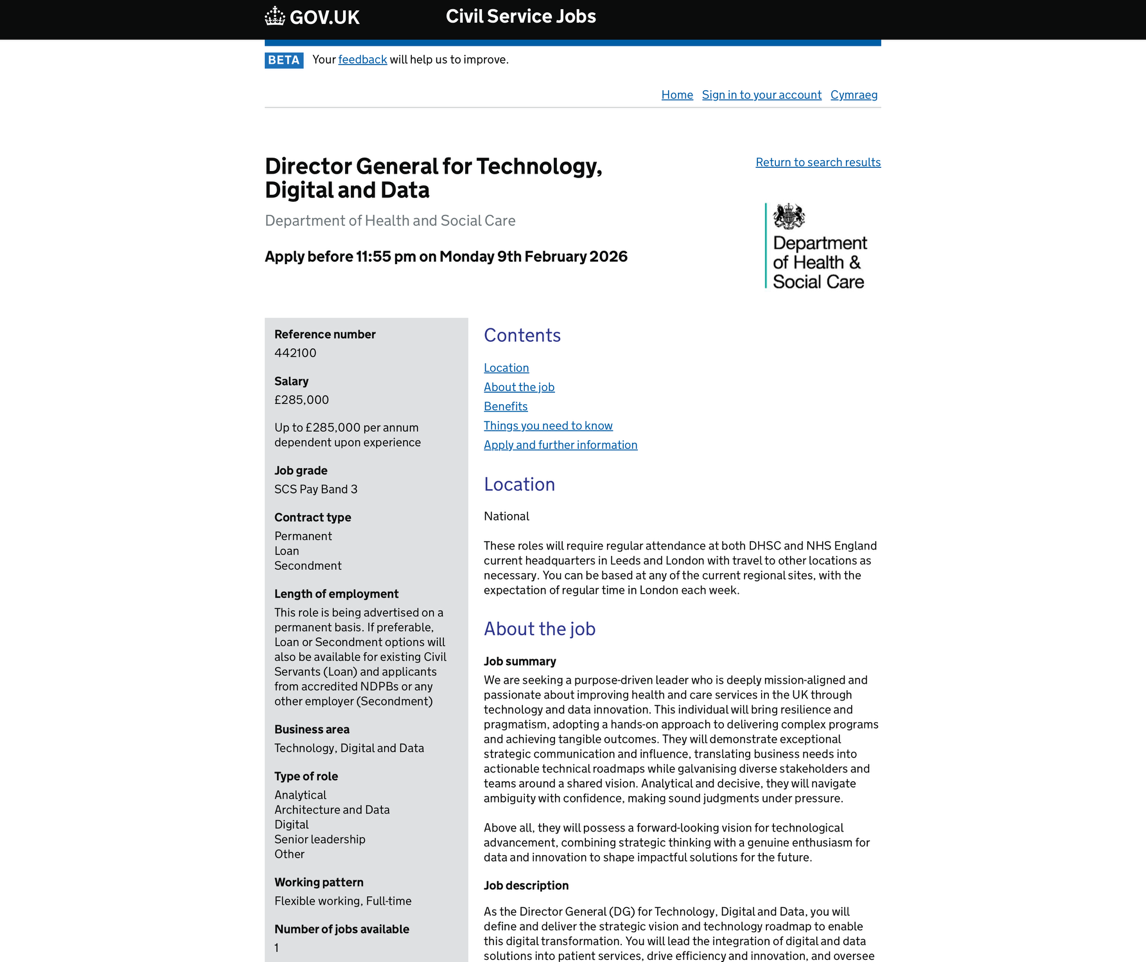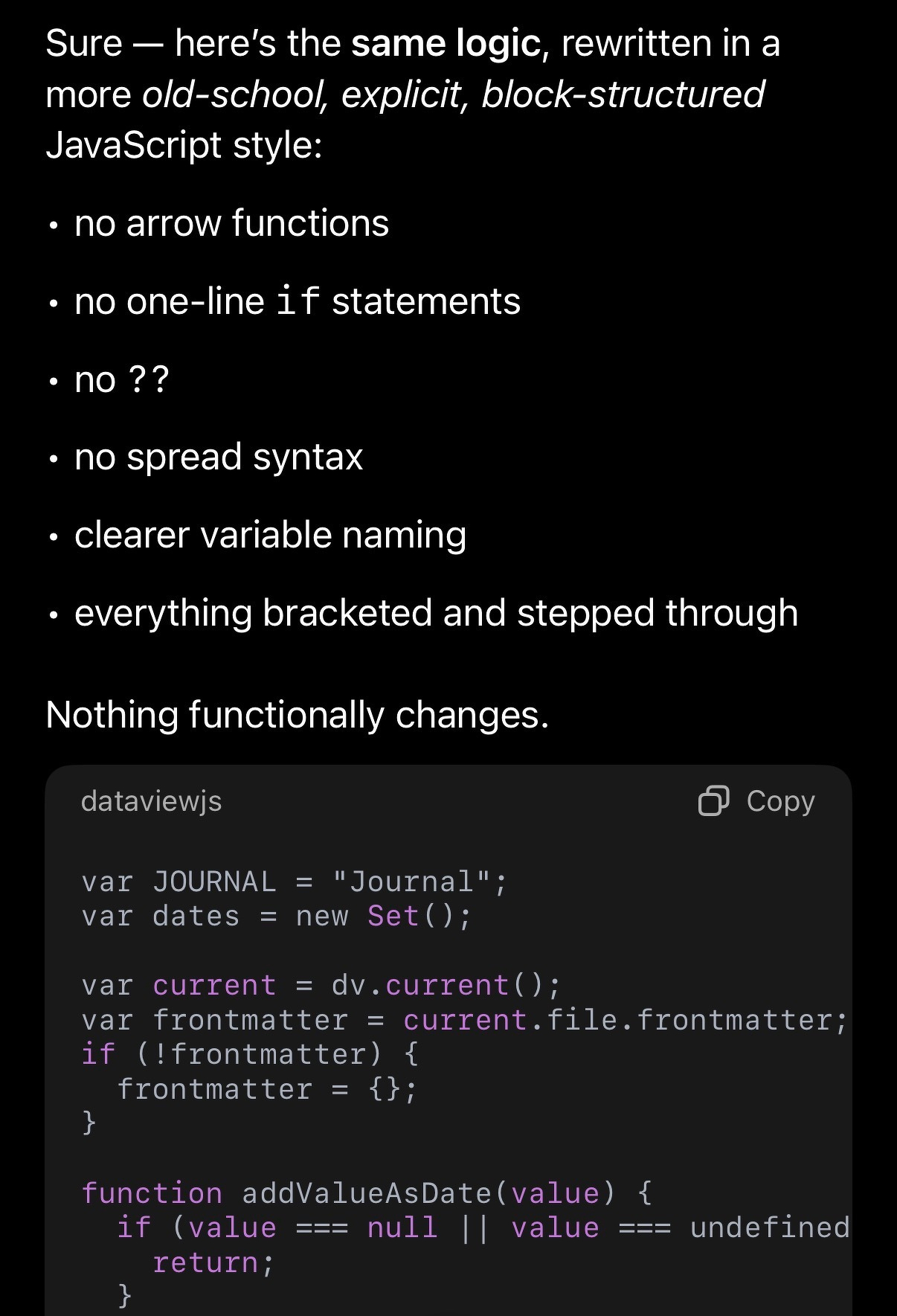Notes
- it displays an ‘add to journal’ button for each date it spots on the historic crufty old notes and bookmarks I’ve imported recently
While encouraging that the UK is thinking about sovereign payment systems, this all sounds a bit waterfall-ey
The Bank, meanwhile, will develop infrastructure blueprints that will be handed over to the group next year
Managed to make it around River Thames Running’s Hampton Court Half Marathon, despite dodgy ankle and 3 degree starting temperature. It’s a lovely course even in the rain: riverthamesrunning.co.uk/hampton-c…
This, by Ré Dubhthaigh of Dublin City Council, is a wonderfully clear description of why data about place is probably not what you have in your head (it’s just addresses, right?), and why sense making from messy data over time is not an annoyance that technology should aim to do away with, it is the work.
Describing Dublin — data challenges of a changing city
As Ré says ….
Our job is to support real services, so we don’t have the option to start from scratch. We have to deal with all of the messiness that comes with 800+ years of a city growing and changing, while remembering it will continue to evolve in the future.
Useful phrase from this Chatham House blog post about sovereignty (defence, digital and political)
Not all dependencies are strategically significant. The challenge lies in distinguishing tolerable interdependence from vulnerabilities
So much work is doomed from the start because of the assumption you can successfully chop up it up into discrete parts in advance, then try and create coherence through governance retrospectively. ‘Workstreams’. ‘Pillars’, all that nonsense, is, more often than not, based on a flawed assumption.
Scaling innovations in public health systems: guidance and toolkit - WHO
Scaling health innovations is a nonlinear, iterative set of interconnected processes. Governments can enable scaling through three different processes: exploring, adapting and learning. These processes are overlapping and mutually reinforcing
It gives a few examples:
Confirmation from Apple that they have, somehow, despite being quite good at creating software, apparently created a system unable to create VAT invoices for AppStore purchases that include a company name. The best they do is manually add a VAT number and manually send. It takes several phone calls, callbacks and navigating chat support to get to stage of their process for each purchase. It’s hard not to feel like the friction is intentional.

I saw House Above The Sun. Lovely sound and stage presencence. Would definitely recommend.

Going through some old bookmarks, I found a link. to this javascript library for visualising mosh pits by a researcher called Matthew Bierbaum. I’ve no idea why I bookmarked it other than it looks cool:
It seems to have subsequently become a research project called ‘collective ,motion’ and a paper
Noting that there are a couple of weeks left for people to apply for a digital job that could be make or break for the NHS: Director General for Technology, Digital and Data Department of Health and Social Care
Here’s a screenshot as I’m pretty sure no one clicks past the ‘I’m not a robot’ page.

Given the word ‘Tory’ predates the Conservertive Party, I wonder if it might, at some crutical mass of defections, detach itself from that party and attach onto a new host?
Trump denounced the ICC, and then the ICC lost its Outlook access, its email archives, its working files, its address books, its calendars?
Microsoft says they didn’t brick the ICC – that it’s a coincidence. But when it comes to a he-said/Clippy-said between the justices of the ICC and the convicted monopolists of Microsoft, I know who I believe.
The handful of US Big Tech companies that supply the world’s administrative tools are all vulnerable to pressure from the Trump admin, and that means that Trump can brick an entire nation.
I wonder how many government departments, NHS trusts and local councils have disaster recovery plans in place for US cloud providers being blocked by sanctions?
As is now seemingly traditional, new year optimism about work productivity not survived contact with reality. Mid Jan already and clocked up 2.5 days work, despite being busy constantly.
The principles behind indiweb (https://indieweb.org) and open source are, it seems, more important for nation states and public institutions than they are for individuals
Public institutions who publish on social media should own the definitive version. It’s the same logic that means they routinely publish press releases that then get reported in multiple newspapers.
Given blog gov uk exists and runs on the open source Wordpress platform, it should be trivial to add support for status updates (there is an existing plug in wordpress.com/plugins/m… - it’s then a choice if those get syndicated to specific platforms)
Using ChatGPT to write an Obsidian addon * and had to tell it to rewrite the code to 00’s era javascript so I could understand / edit it.

Parts of the proposed amendments to the US ESTA system read like: “our website is awful, we’ve just got to decommission our website”
From this weeks Beno. I’m sure it will be a useful metaphor for something at some point.

Given question of government use of X has come up again, I’d like to make the argument for the creation of micro.blog.gov.uk that uses the indieweb.org/Micropub standard + syndication as white label product that can be used by HMG, devolved government, local etc.
